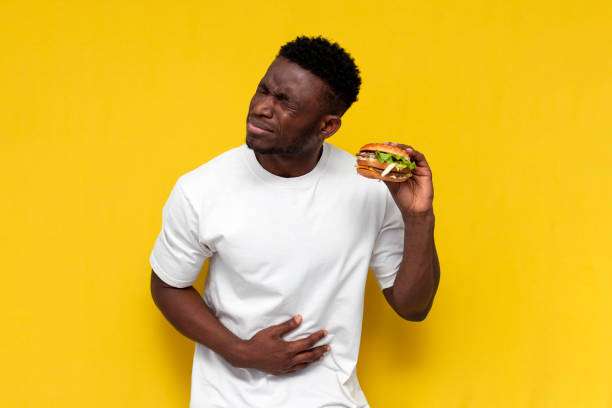Have you ever wondered why you always hear the phrase, “Eat o! So you don’t develop ulcer” whenever you skip a meal or delay eating? While there may be some truth to the connection between hunger and ulcer, the actual cause of ulcers is far more complex than just missing a meal. So, before you reach for that plate of food, let’s take a closer look at the relationship between hunger and ulcer.
Firstly, it is important to note that there are different types of ulcers – gastric and duodenal ulcers. Gastric ulcers are commonly caused by hyperacidity, while duodenal ulcers are caused by hyperacidity and/or Helicobacter pylori and the prolonged use of nonsteroidal anti-inflammatory drugs (NSAIDs).
Now, you may be wondering, what does hunger have to do with all of this?
Well, hunger may worsen ulcer symptoms. When your stomach is empty, stomach acid can irritate the stomach lining, causing pain and discomfort. So, if you skip meals or delay eating, you may end up aggravating your ulcer symptoms.
Hold on, this doesn’t mean you should stuff yourself silly every chance you get.
Maintaining healthy nutritional habits and eating at the right time is crucial in managing ulcer symptoms. It is recommended to eat small, frequent meals throughout the day rather than three large meals. This helps to keep your stomach acid levels in check and prevent irritation of the stomach lining.
In conclusion, while hunger may worsen ulcer symptoms, the actual cause of ulcer is more complex than just missing a meal. It is important to stay informed and talk to your doctor if you have any questions or concerns. And if anyone tries to guilt-trip you into eating more by using the old “Eat o! So you don’t develop ulcer” line, just politely remind them that it’s not that simple.






